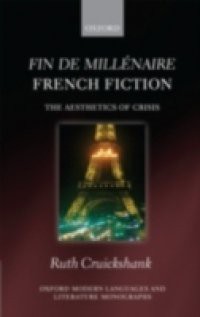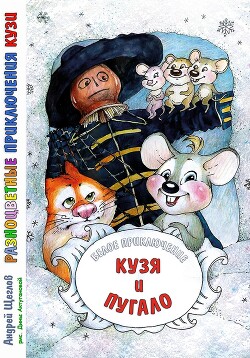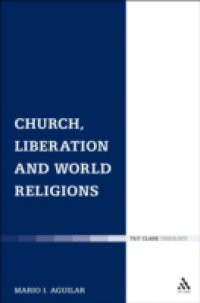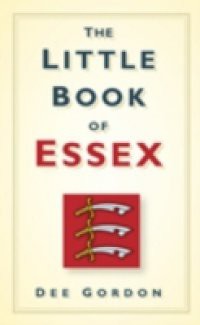The turn of the millennium in France coincided with a number of tangible crises and apocalyptic discourses, and with the growth of the mass media and global market, further generating and manipulating crisis. In this original, wide-ranging but closely analytical study, Cruickshank contextualizes and reads the work of four influential writers of prose fiction --- Angot, Echenoz, Houellebecq, and Redonnet --- teasing out each one's response to this convergence. Shesuggests that the recurrent fictional and cultural trope of the turning point has both aesthetic and critical potential. Bringing together analyses spanning literature, thought, and culture, she identifies and critiques the ways in which, on the eve of the twenty-first century, different theoretical andfictional approaches confront the manipulation of crisis discourses. Drawing on a 'long twentieth century' of crisis thinking, Cruickshank counters the perception that a postmodern model of perpetual crisis is culturally dominant, and establishes instead a new critical framework with which to respond to the fin de millénaire aesthetics of crisis. Through patient and illuminating readings, Cruickshank demonstrates how prose fictions afford critical purchase on the global market, and on French co-implication in it. She identifies how the four contrasting writers reflect, perpetuate, and challenge the misogyny and symbolic violence of late capitalism. Fin de millénaire prose fiction emerges as both problematic and problematizing, bespeaking the need to intervene in debates about the mass media, neoliberalism, global marketeconomics, and sexual and postcolonial identities, while also demonstrating the enduring agency -- critical and creative -- of literature itself.




















